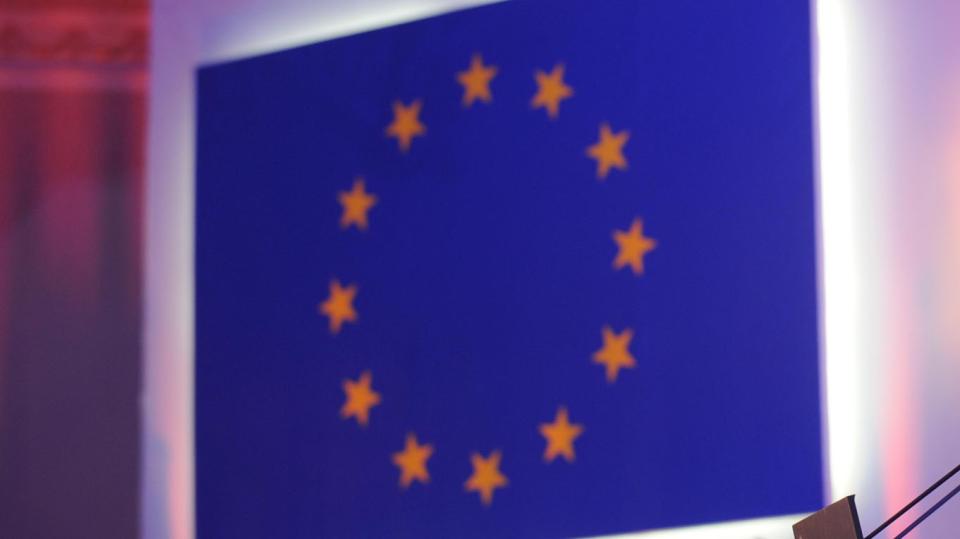The European Union (EU) recently unveiled guidelines to encourage the ethical development of artificial intelligence (AI), covering supervision, security, and privacy, among other issues. However, there is no clear indication as to whether the guidelines will boost EU’s competitiveness and innovations in AI, read a commentary in The Beijing News.
Some analysts believe the main reason behind the guidelines is that the EU's research cannot compete with that of China and the US. The Beijing News commentary argued this assessment overestimates the abilities of China and the US while underestimating the diversity of AI.
China and the US boast strengths in the artificial neural network, namely research on deep learning such as convolutional neural networks and deep belief nets. Deep learning relies on an abundance of data and calculation. China, with its large population and super-computing technology, has an advantage.
While AI research depends heavily on data and calculations in its initial stages, there will be new challenges as the public seeks higher standards, such as privacy protection. The EU need not compete directly with China and the US in data and calculations. Instead, it can concentrate on other fields of AI research, the commentary read.
The EU’s guidelines can help ease any fears and anxieties the public has about AI. However, such extreme protection may obstruct innovation. Instead, it is necessary to use large amounts of high-quality data and close supervision to establish a more rational regulatory system and accountability framework, the article read.

 Old Version
Old Version